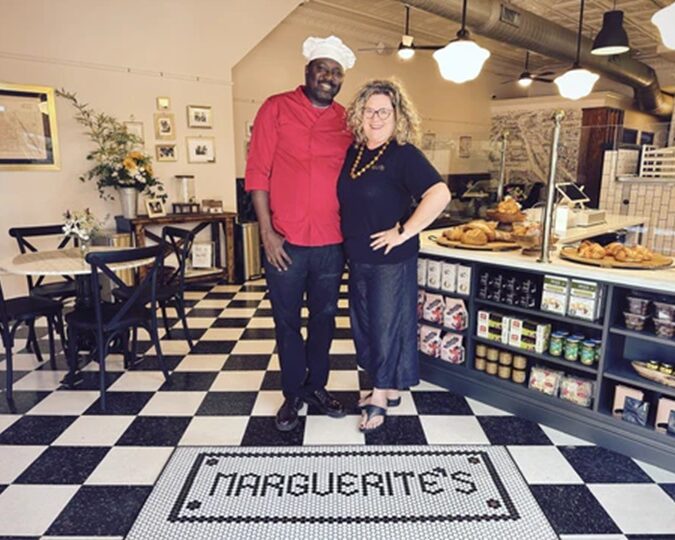BY TONY BOUZA

Tony Bouza
I served as an expert witness in police cases all over the country for about 20 years and wrote a book about it.
A lawyer would call, describe a case, and I’d ask questions. If I liked it I’d ask for relevant documents—upon which I’d predicate my decision to accept or not. Most frequently, I wound up testifying against cops, all over, in abuse cases involving Black victims.
I felt the work to be the most important I’d ever done because the cases usually involved real justice issues. The events were sloppy, but I’d work to develop a perspective. Hysteria ruled. My task was to cut through the self-serving bullshit and develop some version of personal truth—or at least likelihood. I was not searching for certitude, but an approximation of accuracy. Not beyond a shadow of a doubt, but to get at the most reasonable, probable outcome. It was an effort to improve the odds of accuracy. Positivism was for dreamers.
Then came the Terrance Franklin case.
In connection therewith, I read the account of Franklin’s attorney, Mike Padden, entitled “Blue Code of Silence.”
To be brief, I agreed with very few of its assertions.
On May 10, 2013, Minneapolis cops, chasing a Black male, cornered and killed him in the basement of a south Minneapolis home in midafternoon.
The male, Terrance Franklin, was a burglary suspect with “an extensive criminal record” and possible warrants outstanding. On being encountered by police, Franklin “attempted to kill me” by a sergeant’s account, then banged a police squad’s door with his car and fled.
Franklin burst into the basement of an unoccupied home, where he was detected and confronted. In the encounter Franklin was flushed from a hiding place by a K-9, bitten, and engaged with about four cops. In the confusion two cops were shot in the legs by another cop’s gun. Franklin was shot numerous times by two cops and killed.
Franklin was not armed. He allegedly grabbed for a cop’s machine gun and discharged the rounds that wounded two cops. His DNA was on the gun and cops said he’d charged them and grabbed the weapon.
It was all over within seconds. The many shots fired by the police reflect the spastic hysteria of the encounter.
Franklin’s family and attorney charged a police murder.
The cops claimed justification.
No charges followed and the civil process resulted in a $900,000 settlement.
White cops. Black suspect.
The N-word. Stupidity on all fronts, with all principals playing their roles expertly. The cops fatally injure their case with displays of racism.
So, who was right?
You want the answer, yes?
Racism is an issue here. The shooters bear the stains of thumperism. The police union assumed its predictable role of apologist. Lush fodder for police critics.
For me, the key—if imperfect—question is whose side would I have accepted for representation if asked to serve as an expert.
With no trouble or apologies, I would have defended the cops.
The case’s complexity cries out for humility. The players—on both sides—are singularly unappetizing. The Vatican is unlikely to convene a committee of canonization for anyone here.
























